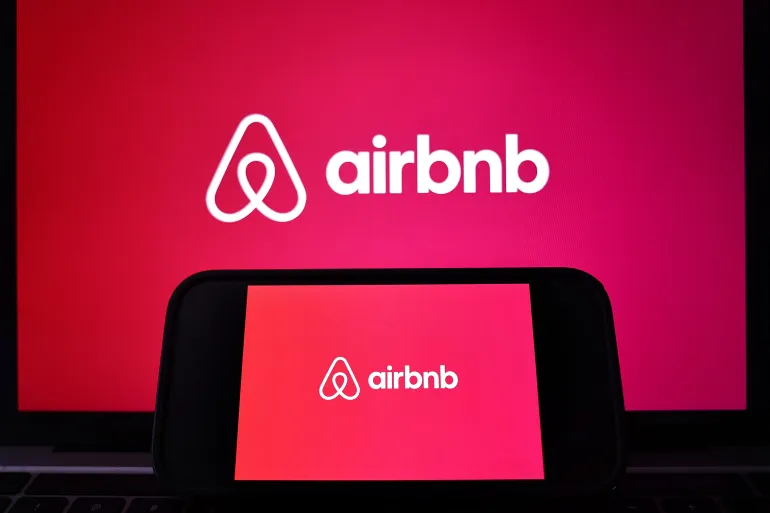In a significant move aimed at bolstering guest privacy, Airbnb has announced a ban on the use of indoor security cameras within its listings. This policy change comes amid growing concerns over privacy and the delicate balance between security and personal space in the digital age. Let’s explore the implications of this decision, the rationale behind the policy update, and the broader conversation around privacy in the sharing economy. Airbnb bans
Prioritizing Guest Privacy
Initially, Airbnb’s decision to ban indoor security cameras is a clear indication of the company’s commitment to prioritizing guest privacy. In an era where digital surveillance is increasingly commonplace, the potential for privacy infringements within short-term rental accommodations has become a pressing issue. Moreover, this policy update reflects Airbnb’s response to feedback from guests who have voiced concerns over feeling monitored during their stays, emphasizing the importance of creating a trust-based environment.
Balancing Security and Privacy
Furthermore, the ban on indoor security cameras underscores the complex challenge of balancing security needs with privacy rights. While hosts have legitimate reasons for wanting to protect their properties, the presence of surveillance devices in private spaces raises ethical and legal questions. Additionally, this policy change prompts a reevaluation of how security measures can be implemented in a way that respects guest privacy while still safeguarding hosts’ interests, highlighting the need for innovative solutions that address both concerns.
The Response from Hosts and Guests
Moreover, the announcement has elicited mixed reactions from the Airbnb community. Some hosts express concerns about their ability to monitor their properties and prevent potential damages or policy violations. On the other hand, guests have largely welcomed the move, viewing it as a positive step towards ensuring their privacy and comfort during stays. Furthermore, this policy change has sparked a broader discussion within the sharing economy about the rights of users and the responsibilities of platforms in protecting those rights.
Implications for the Sharing Economy
Additionally, Airbnb’s ban on indoor security cameras has broader implications for the sharing economy at large. It sets a precedent for how other platforms might address similar privacy concerns, potentially influencing industry-wide standards and practices. Moreover, this decision highlights the ongoing evolution of the sharing economy, where user privacy and trust are becoming increasingly central to the business model. The move by Airbnb could encourage other companies to reassess their policies and practices in light of changing societal expectations around privacy.
Navigating the Future of Privacy
Importantly, as Airbnb implements this new policy, the focus will be on how effectively it can navigate the future of privacy in the sharing economy. The challenge lies in crafting policies that are clear, enforceable, and adaptable to the rapidly changing landscape of digital privacy. Moreover, this situation underscores the importance of ongoing dialogue between platforms, users, and regulatory bodies to ensure that the sharing economy remains a space where innovation can flourish without compromising individual privacy. Airbnb bans
Inspired by Al-Jazeera News and Rear More Articles Here, Read Previous Blog Also.
